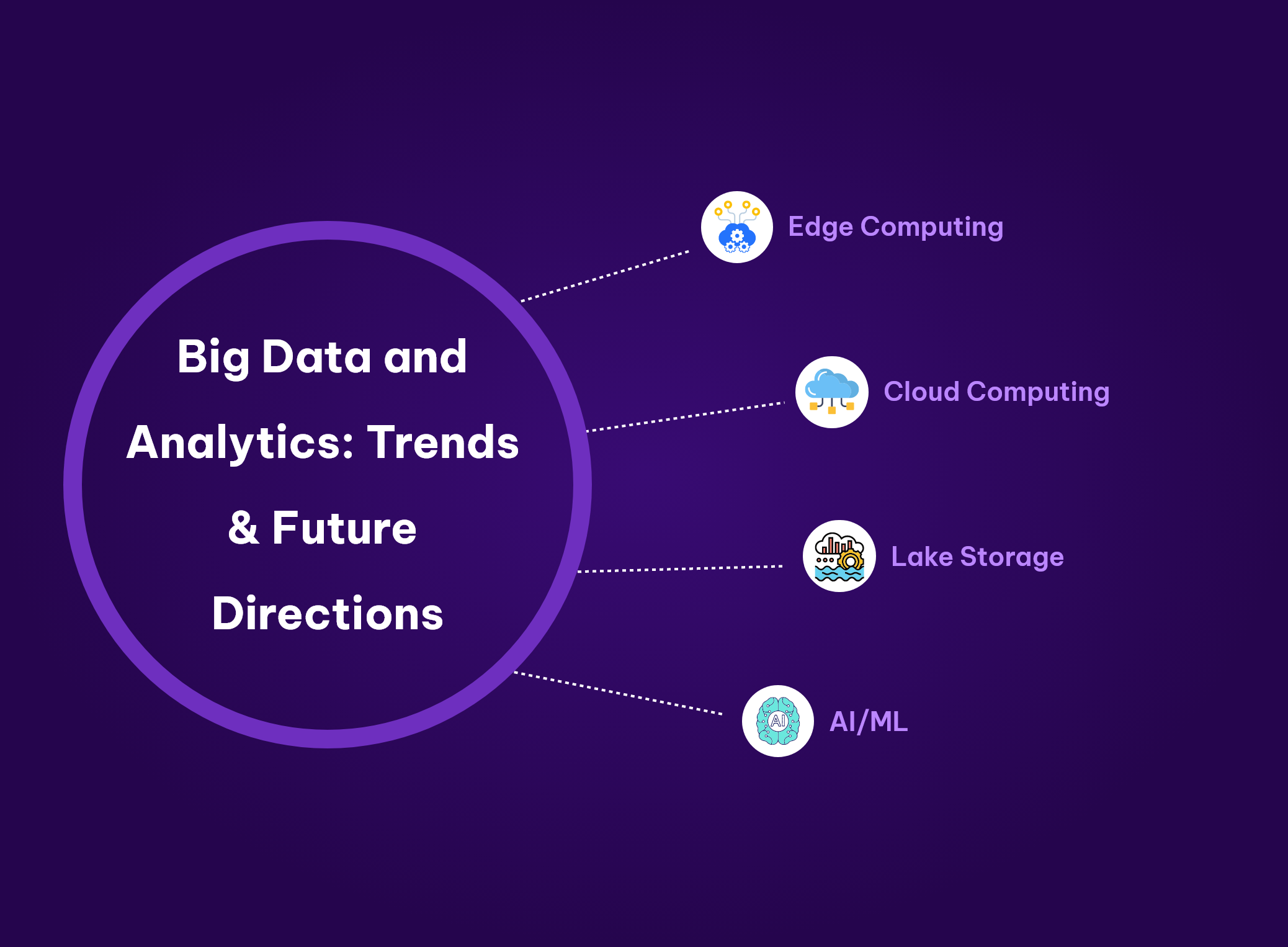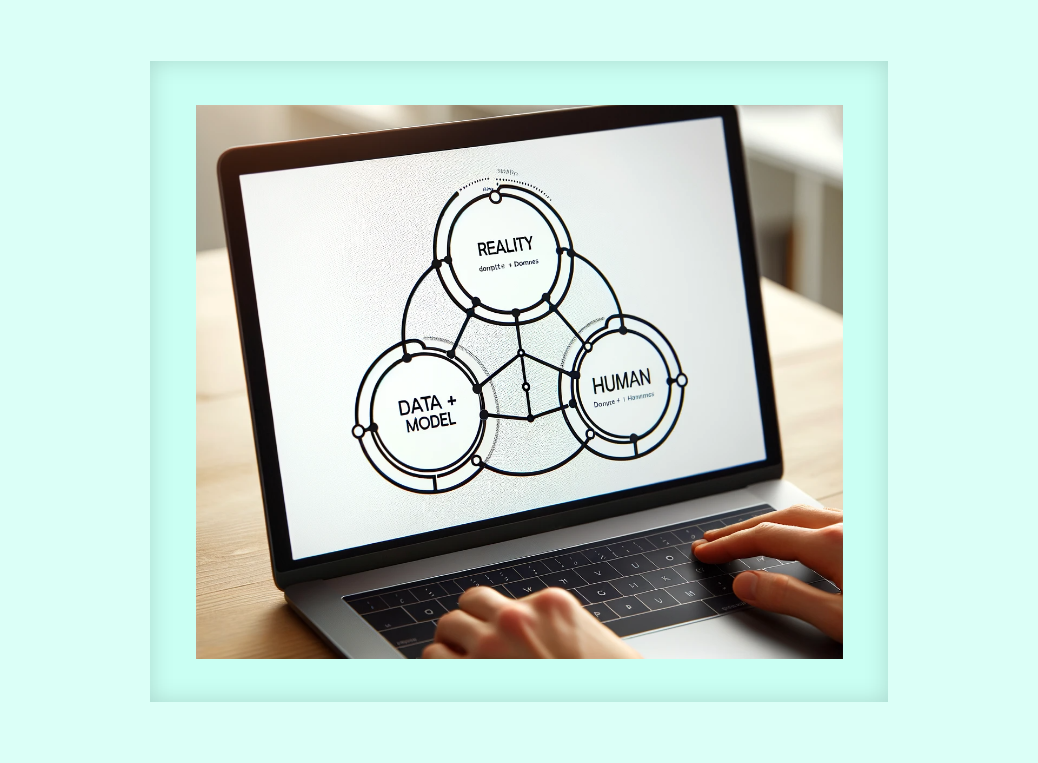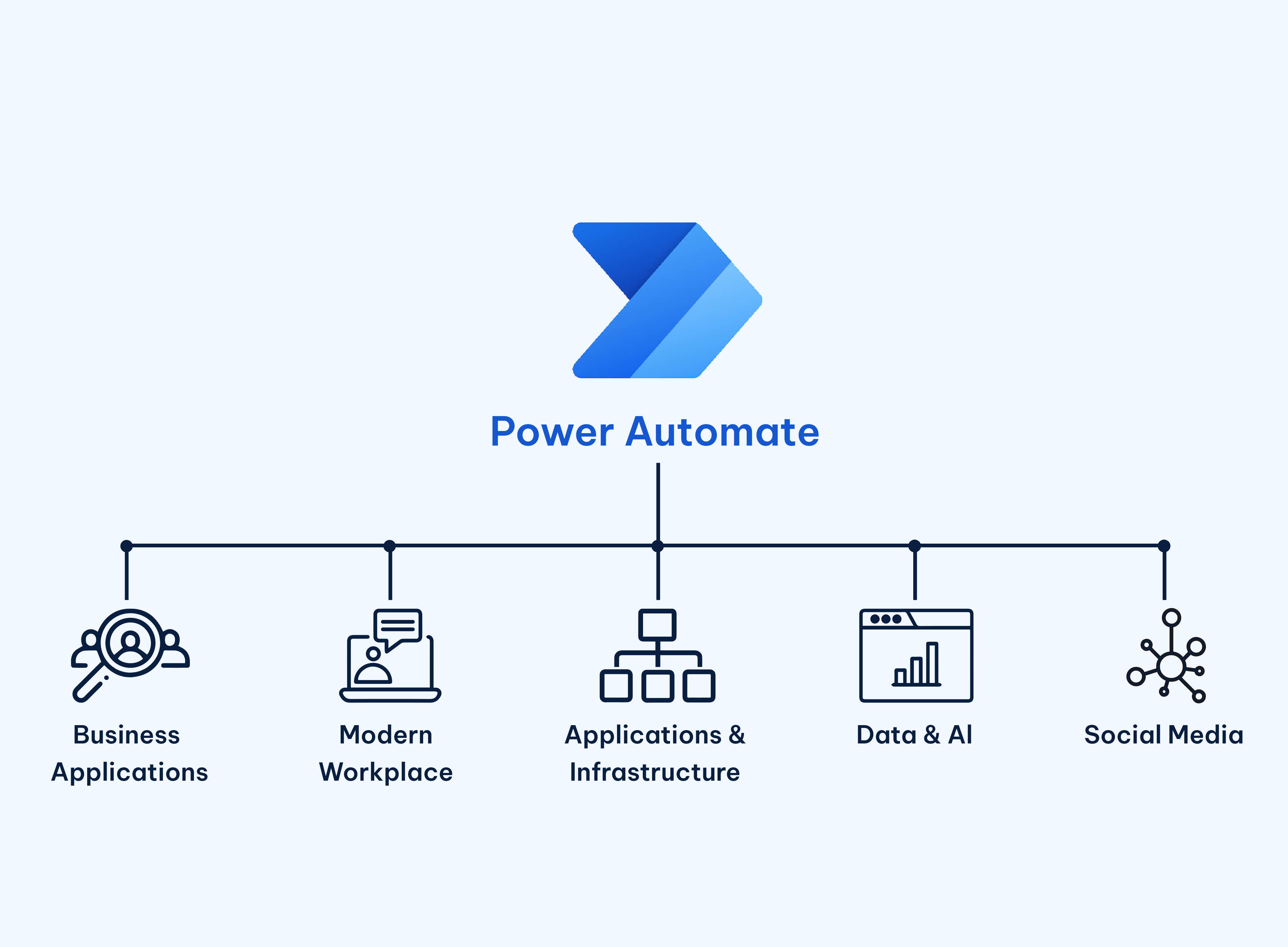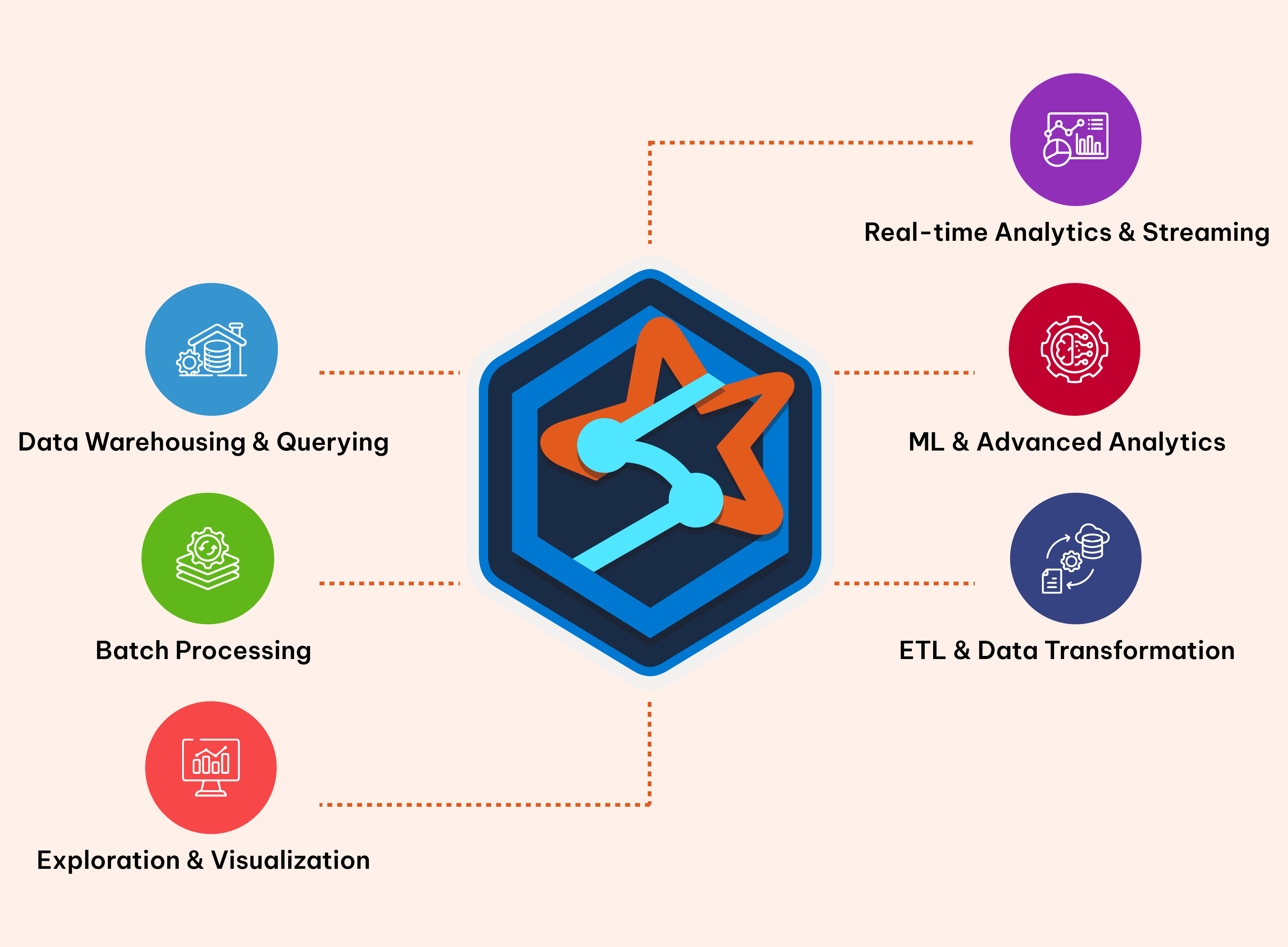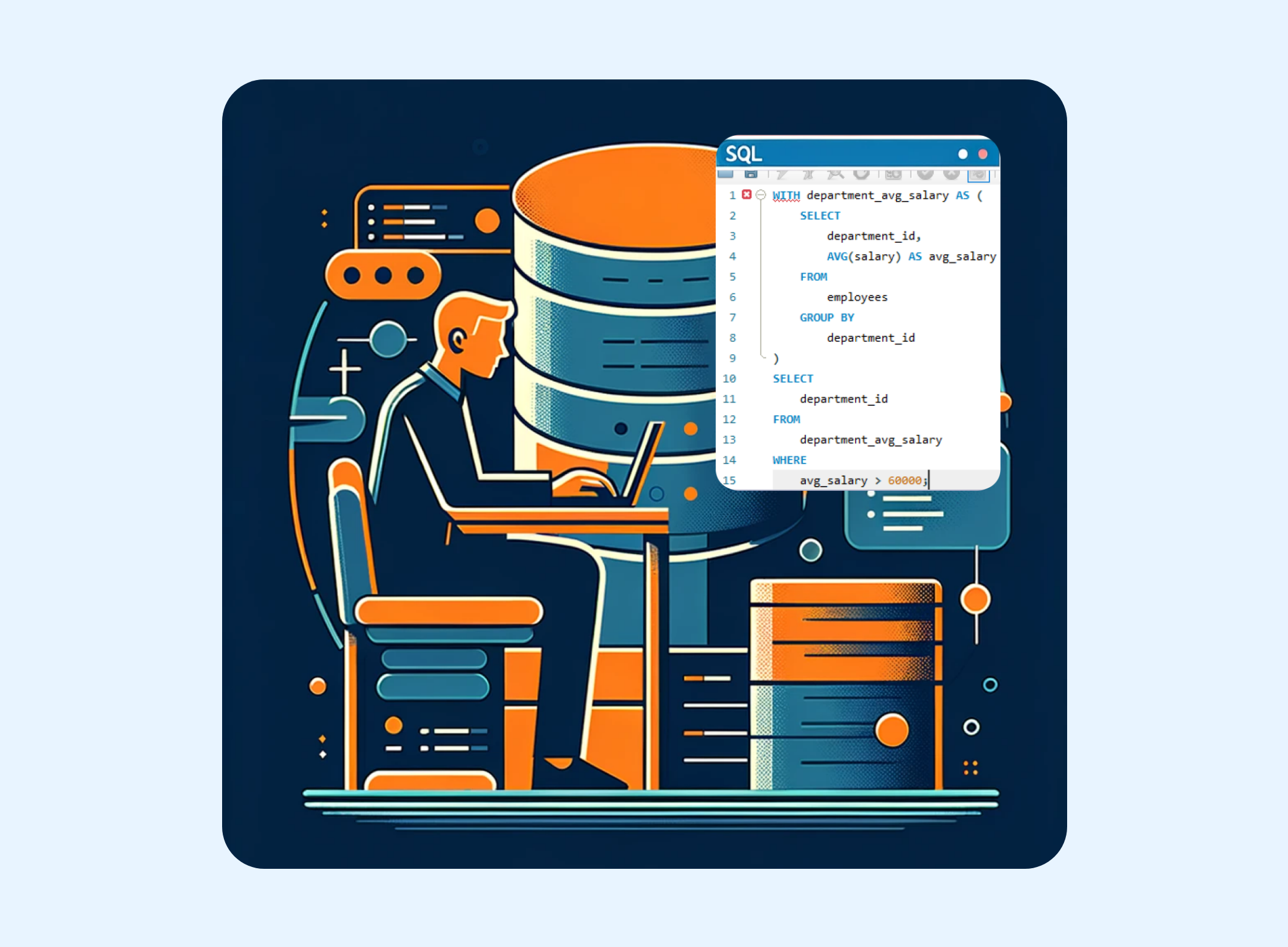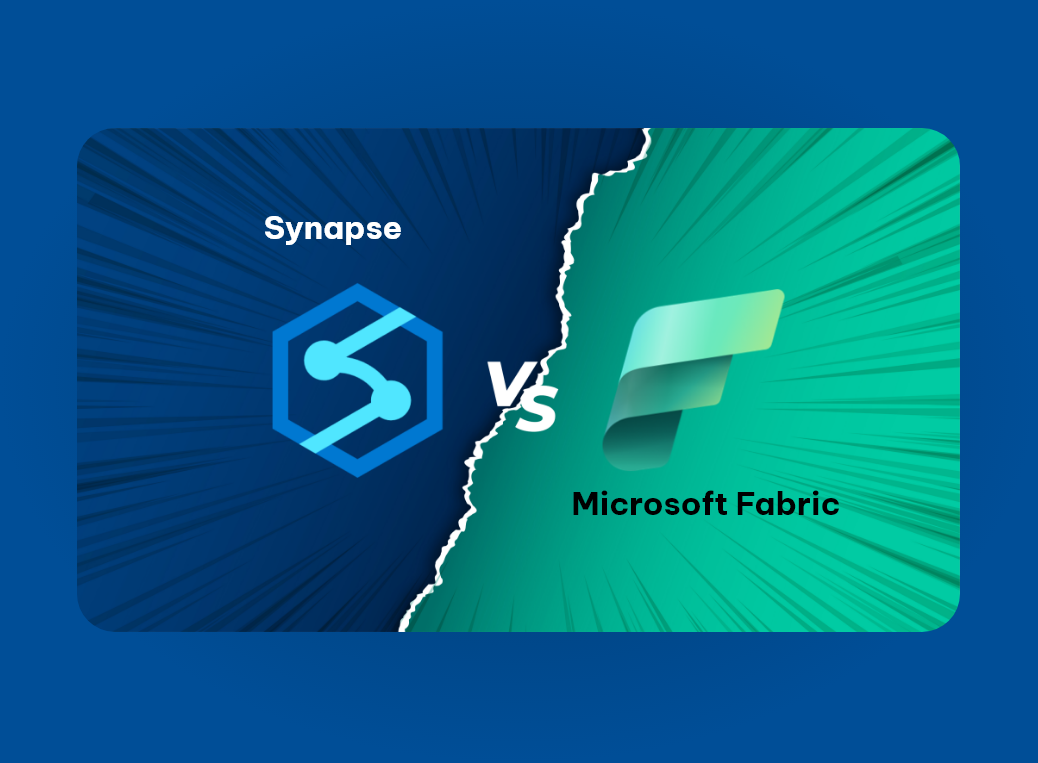Data Analytics
The Future of Healthcare: Predictive Analytics for Personalized Medicine

In healthcare, technological advancements are playing a vital role in shaping the future of patient care. One such modern development is the integration of predictive analytics into the scope of personalized medicine. This intersection holds the promise of developing healthcare by tailoring treatments to individual patients based on predictive insights derived from vast datasets. Let's explore the potential and implications of this transformative approach.
Predictive Analytics in Healthcare
Predictive analytics in personalized medicine involves the use of advanced statistical models, machine learning algorithms, and data analysis techniques to predict individual patient outcomes, tailor treatment plans, and optimize healthcare interventions based on a person's unique characteristics. In healthcare, this translates into the ability to foresee potential health issues, understand disease trajectories, and predict responses to specific treatments. The goal is to leverage data from various sources, including genomics, electronic health records, lifestyle information, and more, to make predictions about a patient's health, disease risk, and response to specific treatments.
Here's how predictive analytics is applied in personalized medicine:
Disease Risk Assessment
Predictive analytics can analyze a patient's genetic makeup, family history, lifestyle choices, and other relevant factors to assess their risk of developing certain diseases. This information allows healthcare providers to implement preventive measures and recommend lifestyle modifications to reduce the risk.
Treatment Response Prediction
By analyzing historical treatment data and patient characteristics, predictive analytics can forecast how an individual is likely to respond to a particular treatment. This enables healthcare professionals to tailor treatment plans to maximize effectiveness and minimize adverse effects, ultimately improving patient outcomes.
Early Disease Detection
Predictive models can identify subtle patterns and deviations in health data, allowing for early detection of diseases. This is particularly valuable for conditions where early intervention significantly impacts the chances of successful treatment.
Personalized Medication Plans
Considering an individual's genetic variations and responses to medications, predictive analytics can assist in designing personalized medication plans. This helps avoid adverse reactions and ensures that the prescribed medications are well-suited to the patient's unique physiology.
Optimizing Resource Allocation
Healthcare organizations can use predictive analytics to forecast patient admission rates, disease outbreaks, and healthcare resource utilization. This information aids in the efficient allocation of resources, ensuring that healthcare facilities are well-prepared to meet the specific needs of their patient population.
Clinical Decision Support
Predictive analytics provides healthcare professionals with real-time insights and decision support tools. These tools can assist clinicians in making informed decisions about diagnosis, treatment plans, and ongoing patient management.
Continuous Monitoring and Adaptation
Predictive analytics allows for continuous monitoring of patient data, adapting treatment plans as new information becomes available. This dynamic approach ensures that healthcare interventions remain personalized and responsive to the evolving health status of the individual.
Challenges and Ethical Considerations
While the potential benefits of predictive analytics in personalized medicine are vast, there are challenges and ethical considerations that must be addressed. Issues such as data privacy, algorithm bias, and the potential for over-reliance on predictive models require careful consideration to ensure the responsible and ethical implementation of these technologies.
Data Privacy and Security
The collection and utilization of vast amounts of personal health data raise concerns about patient privacy. Robust security measures and transparent policies must be in place to safeguard sensitive information and maintain patient trust.
Algorithm Bias
Predictive models are only as good as the data they are trained on. If the data used to develop these models contain biases, the predictions may be skewed. It's crucial to continually assess and address algorithmic biases to ensure fair and equitable healthcare outcomes.
Balancing Predictions with Clinical Judgment
Predictive analytics should augment, not replace, the clinical expertise of healthcare professionals. Striking the right balance between data-driven insights and clinical judgment is essential to providing high-quality and patient-centered care.
Our Approach
IN22 Labs approached the challenge with a multidimensional strategy, combining state-of-the-art technologies and a deep understanding of healthcare dynamics.
Data Integration and Processing
We began by integrating diverse datasets, including electronic health records, genomic information, and lifestyle data. Our team implemented robust data processing pipelines to clean, standardize, and organize the data, ensuring a comprehensive and accurate foundation for predictive modeling.
Machine Learning Models
Leveraging advanced machine learning algorithms, we developed predictive models capable of identifying patterns, predicting disease trajectories, and forecasting treatment responses. These models were trained on vast datasets, allowing them to learn and adapt to the unique characteristics of the hospital's patient population.
Real-time Insights Dashboard
To help the healthcare professionals with actionable insights, we created a user-friendly, real-time dashboard. This dashboard provided a holistic view of patient data, highlighting personalized treatment recommendations, risk assessments, and early detection alerts. This interface allowed clinicians to make informed decisions swiftly, enhancing the overall efficiency of healthcare delivery.
Conclusion
The future of healthcare lies at the intersection of predictive analytics and personalized medicine, promising more effective treatments, early disease detection, and optimized resource allocation. The successful implementation of IN22 Labs' predictive analytics for personalized medicine at the client's hospital marks a significant milestone in the evolution of healthcare. However, to fully realize these benefits, it's imperative to navigate the challenges responsibly. Striking a balance between technological innovation and ethical considerations will pave the way for a healthcare landscape that is truly patient-centric, precise, and sustainable.
Tags
- Predictive Analytics
- Future of Health
- Innovation in Medicine
- Clinical Decision Support
- AI in Healthcare
- Personalized Medicine
- HealthTech
- In22labs
- PowerBI
- Data Analytics
- e-governance
Written by
Aishvarya Selvakumar
Published on
10 February 2024








